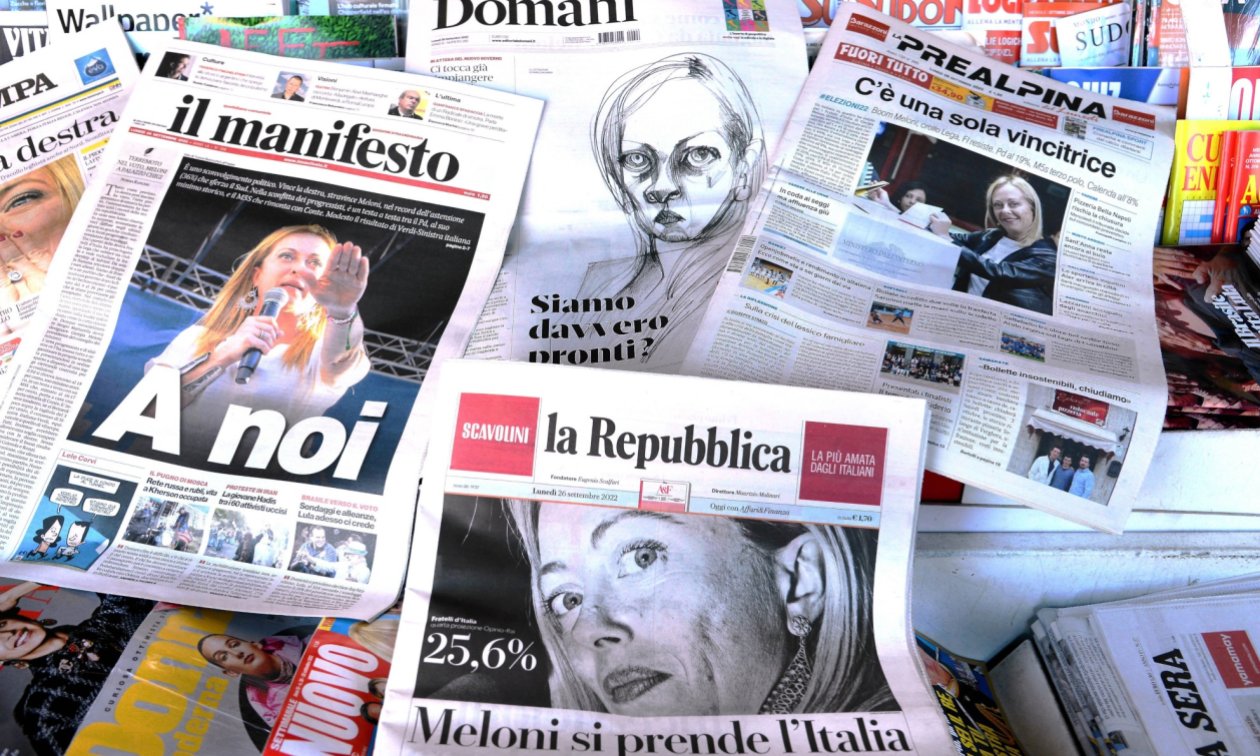The Italian media landscape is increasingly under the influence and control of political and economic interest groups. Media concentration is growing while print media circulations have fallen by over 50 percent in the last decade. Against this backdrop, media company takeovers and mergers are a constant topic in Italy. However, this is just as much a result of the relentless struggle for the pole position in shaping public opinion as of the crisis in newspaper circulations.










